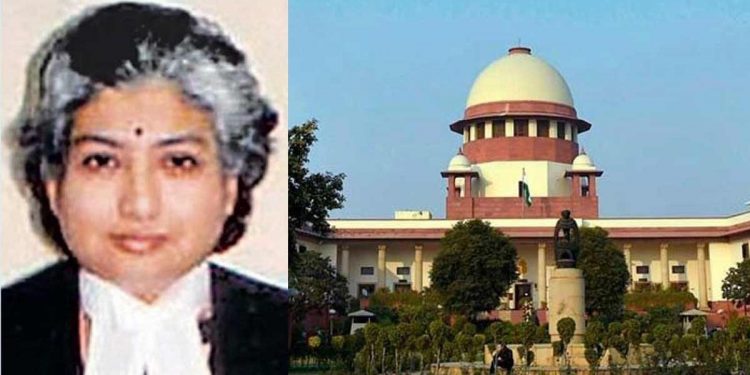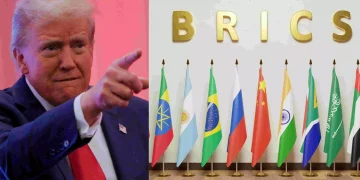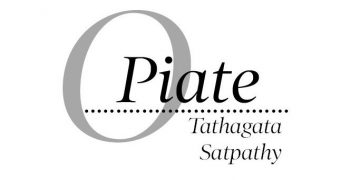New Delhi: Supreme Court judge, Justice BV Nagarathna was the only one among the five-member Constitution Bench of the Supreme Court who termed demonetisation as ‘unlawful’. The government notification on demonetisation was ‘unlawful’ and the process of banning all currency notes of Rs 1,000 and Rs 500 could not have been initiated by the Centre, justice BV Nagarathna said Monday in her strong dissent. She was the only one to ‘dissent’ after the Constitution bench, with 4:1 majority, upheld the demonetisation decision by the Narendra Modi-led government.
Justice Nagarathna called the November 8, 2016 notification of the Centre ‘unlawful’ and agreed with the petitioners challenging the notification, that as per section 26 of the Reserve Bank of India Act, the central board of the RBI should have independently recommended demonetisation, and it should not have been done through the advice of the government. There was no independent application of mind by the RBI, she held.
“In my considered view, action of demonetisation by the November 8 notification was unlawful. But status quo ante cannot be restored now since it was in 2016,” Justice Nagarathna said. She added that demonetisation was ‘an exercise of power, contrary to law, and therefore unlawful’. She however, pointed out that she is not questioning the ‘noble objectives’ of the exercise itself, but only the legal viewpoint.
“Demonetisation was, beyond a pale of doubt, well-intentioned. Best intention and noble objects are not under question. The measure has been regarded as unlawful only on a purely legal analysis, and not on the objects of demonetisation,” Justice Nagarathna said. She pointed out that the decision was ‘well-intentioned and well thought of’. It targeted evils such as black money, terror funding, and counterfeiting, Justice Nagarathna added.
Justice Nagarathna also held that, like previous instances, demonetisation could have been initiated through an Act of Parliament and not by an executive notification.
“After perusing the documents and records submitted by Centre and RBI, phrases like ‘as desired by Centre government’ shows there was no independent application of mind by RBI,” Justice Nagarathna said.
Fifty-eight petitions were filed in the Supreme Court challenging the notes ban. The petitions argued that it was not a considered decision of the government and should be struck down by the court.
The government had argued that the court cannot decide a matter when no tangible relief can be granted. It would be like ‘putting the clock back’ or ‘unscrambling a scrambled egg’, the Centre had said.






































